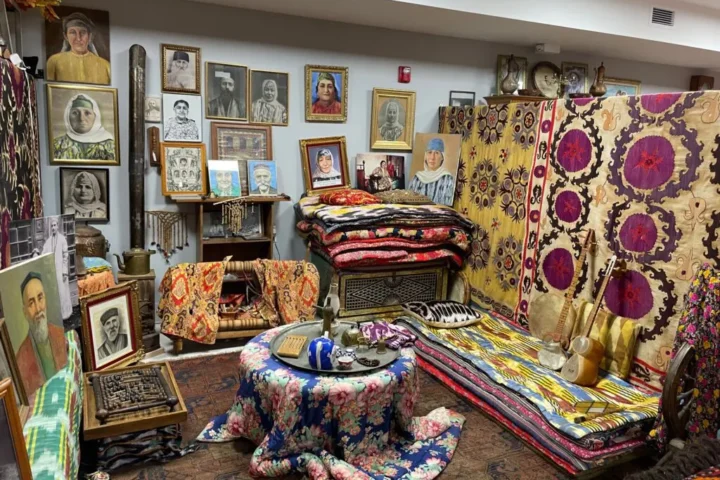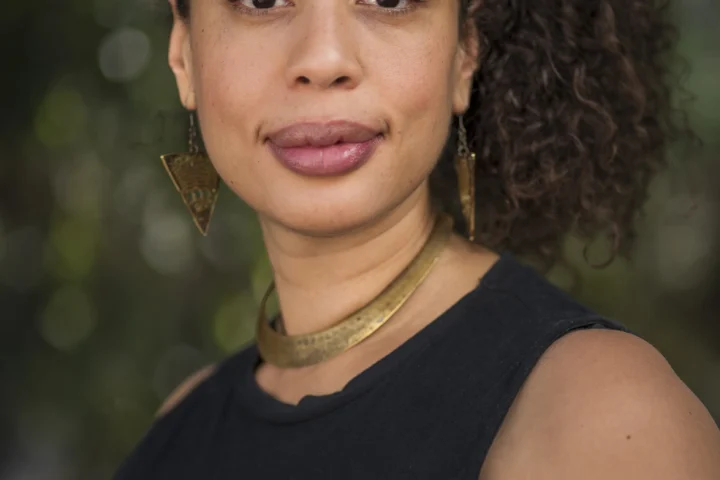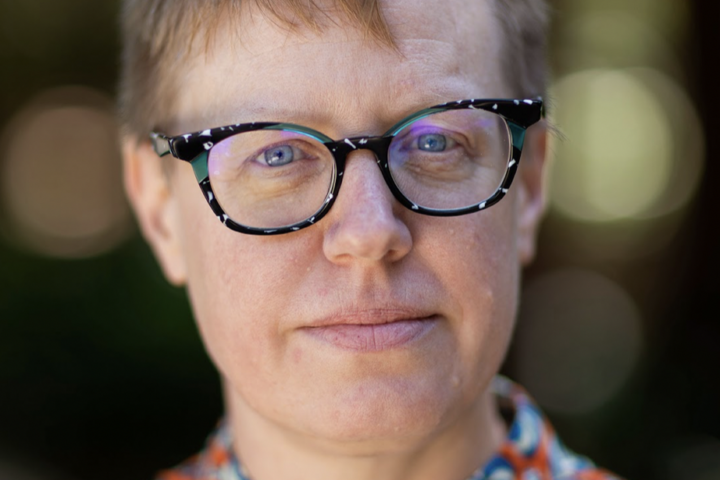In a statement made on April 9, 2021, Buckingham Palace announced the death of Prince Phillip, Duke of Edinburgh, at the age of ninety-nine. His death caused tumultuous reactions all over social media, ranging from mourning to, oddly enough, joy. Various people took to Twitter to express their thoughts on the Duke of Edinburgh, especially in light of the royal family controversy brought on by Meghan Markle and Prince Harry.
The prince was the longest-serving royal consort in British history. He served at the Queen’s side for over 60 years. Many tributes made in his honor came from all around the world. According to BBC News, world leaders such as President Joe Biden and Pope Francis reflected on the Prince’s life and his service to his country. He was praised for his longevity, not only to the Crown but also to his wife.
Despite these commendations, Prince Philip was known for his loose tongue and ability to offend. The Independent compiled a list of some of his rude comments, such as “If you stay here much longer, you will go home with slitty eyes,” to a British student living in China and asking a woman in Kenya, “You ARE a woman, aren’t you?” These sorts of offensive, and often racist, comments caused many people to dislike the prince. This was particularly apparent when the news of his death reached the public.
It seemed as though many people online felt indifferent to his death, even going so far as to rejoice over it. On Twitter, people posted a large number of jokes and memes almost immediately after the announcement of his death. “Prince Philip’s body was still warm and [people]were already making memes, man do I love the internet,” @SlientAngels said. Some posts had a harsher tone like @karengeier who replied to the Palace’s death announcement with, “deeply saddened to hear it was peaceful. He deserved so much more (pain).” The reasoning for these posts seems to be largely based on Prince Philip’s controversial character. @JohnChadley1 said, “Prince Philip was a racist… .. His past is a legacy of condescending, disrespectful behavior and commentary on other people.”
While people seemed unhappy with Prince Philip’s problematic traits, that wasn’t always the focal point of their indifference. Some posts showed that the issue is not just about the prince, but also discontent with the monarchy itself. @zei_squirrel on Twitter said, “All this weepy, royalist sentimentalism sweeping the media is truly grotesque,” and @LeahUnknowing posted, “As long as there’s one single homeless person on the streets of Britain I don’t want a penny of my taxes to go towards Prince Philip’s funeral.” In this way, people expressed their resentment towards the Crown through showing indifference towards Prince Philip’s death.
In classic internet fashion, the opposing side posted as well. Many mourned Prince Philip’s death and felt offended by the disrespect shown towards him. “Today we say goodbye to a wonderful man, the likes of who we will never see again. He leaves behind a huge legacy, lessons for all for us and will be hugely missed.” said @sophieheloiset on Twitter. @Loknayn defended the late prince’s offensive language by saying, “Prince Philip’s notorious ‘gaffes’ were not gaffes; he was just willing to say what he thought without self censoring – he didn’t care how the media would react.” He even added, “We should all embody his spirit; don’t self censor, say what you think. Never apologise. The truth will set you free.” The clear disparity across social media shows people simultaneously mourning and practically celebrating Prince Philip’s death. Prince Philip left behind a complicated legacy. People praise his devotion to his wife and the Crown, while others criticize his character and how that represents the monarchy as a whole. His death leads to a larger conversation about the British monarchy and its place in modern society. On CNN, Catherine Mayer, a British journalist, discusses how recent news stories about the royal family, such as Prince Andrew’s involvement in the Jeffery Epstein scandal and Meghan Markle’s Oprah interview, have played a part in the possible breakdown of the monarchy. She wrote of how they “highlighted, too, a new frailty to an institution that could neither effectively manage its media operations nor its problematic family members.” But the equal amount of love and support that came with Prince Philip’s death alongside the jokes and criticism shows that the matter is still up for debate.











